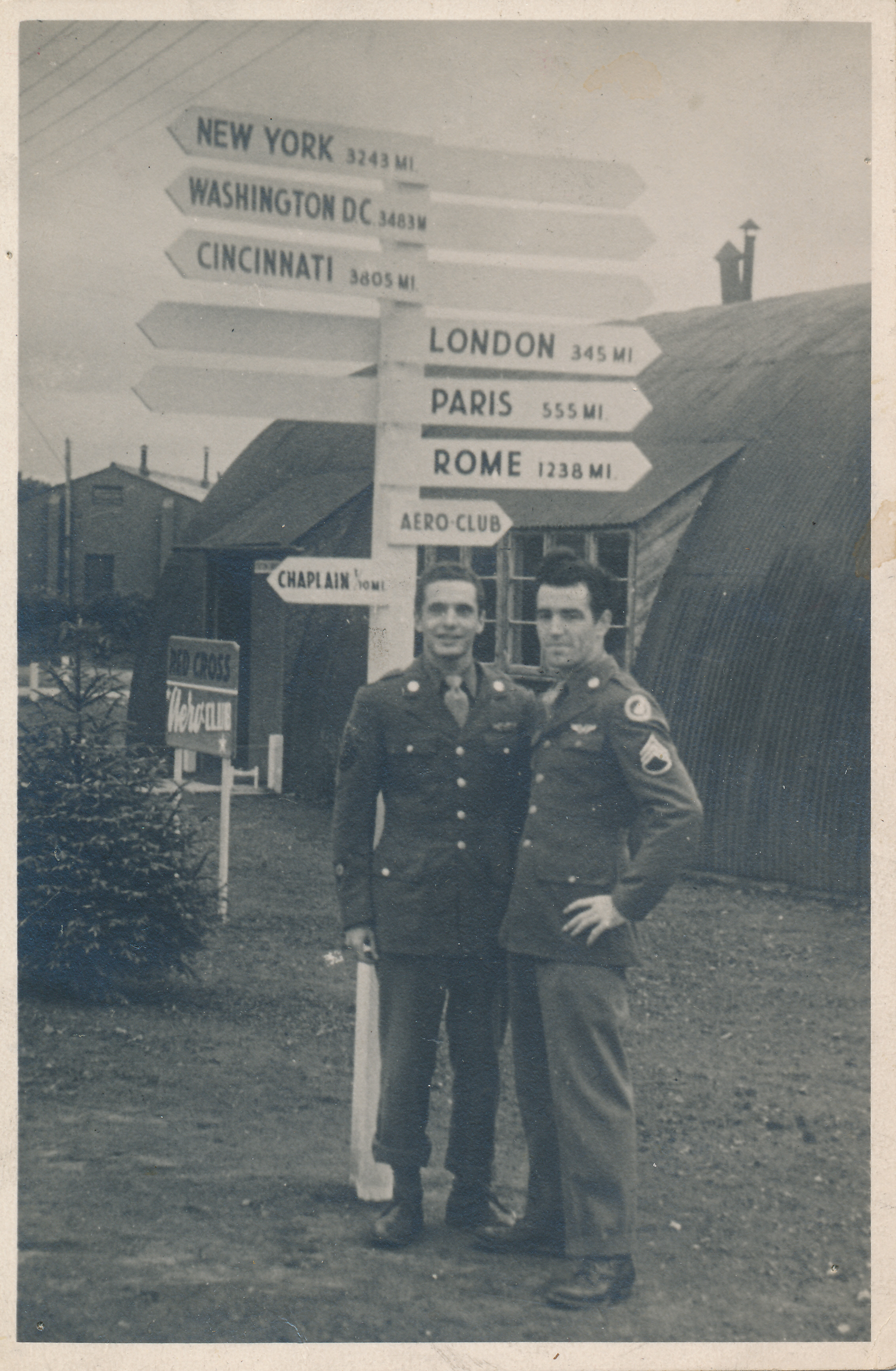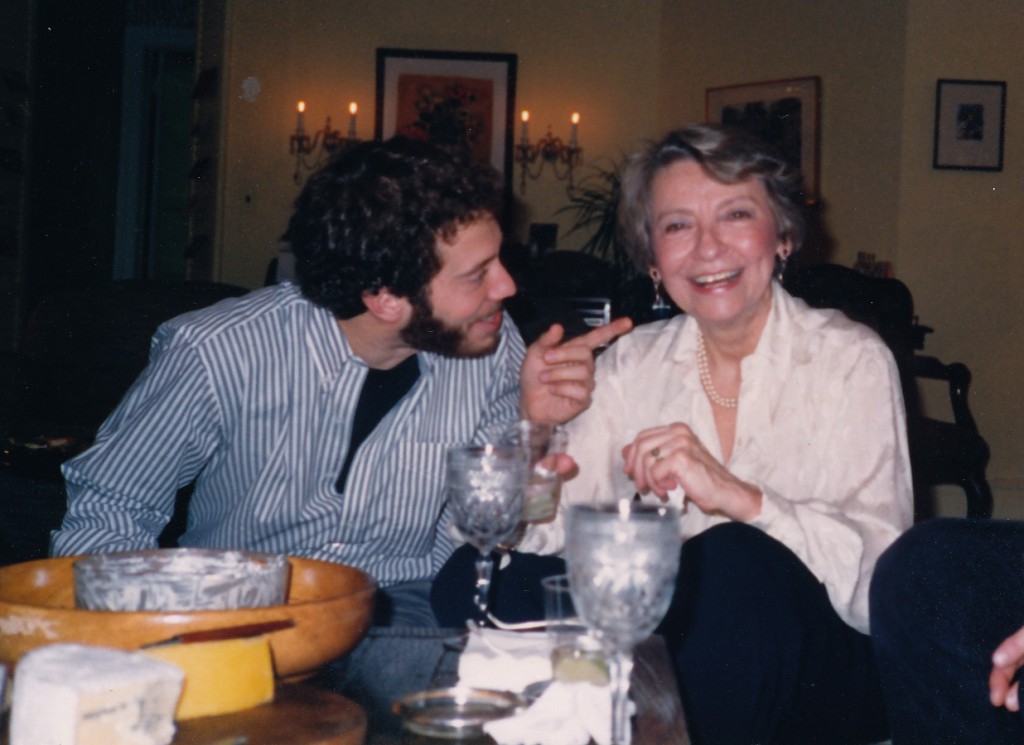I can’t shed my privilege – it is part and parcel of who and what I am, as impossible to separate as chewed gum wadded in tissue.
This is a true story. Every detail. I swear.
When Nancy and I were in graduate school, we lived in Mountain View, California, about seven miles south of Palo Alto and the Stanford campus. Some days we rode our bikes to school, but mostly we drove. About two thirds of the way back to home from campus, on the left side of El Camino Real, the main thoroughfare running through that part of the South Bay, there was a strip mall. It was actually more square than “strip” – a horseshoe of storefronts surrounding a parking area. It included a grocery store, a drug store, a few restaurants, some specialty stores and clothing stores. It included a Tower Records. It included a bank.
One day in early spring – California spring; it was technically still winter – I went home at midday to work on my dissertation. I had done some teaching in the morning. I might have had office hours. But I was going home to write. On the way home, I stopped at the Tower Records. I had a birthday coming up, and I probably was looking for one CD or another to add to my growing collection. I remember that I didn’t buy anything that day.
As I pulled back onto the El Camino, turning left across traffic, a police car eased in behind me and began to follow. I was pretty sure that I had made my turn legally, so I didn’t think too much about it. After about a block, though, he turned on his lights. I pulled over at the first opportunity, my heart rate speeding up a bit. I rolled down my window, expecting the police officer to approach me on the driver’s side.
He didn’t. He opened his door and got out of the car, but he remained behind the open door, his right hand out of sight. From there, he called to me to get out of the car, to move to the sidewalk, and to brace my hands against the building there. By now, I was truly scared. I did exactly as I was told. The cop approached me, as did two more guys in uniform and one plainclothes cop. I hadn’t see the others arrive. All of them had their weapons drawn. They frisked me, asked me to remove my wallet, the one thing I was carrying, from my pocket. They wanted to know if the car was mine, and they had me show them the registration.
The more they talked to me, the calmer they grew. My panic subsided. They asked if they could search my car – a Toyota Corolla hatchback – and I gave them permission to look through every inch of it. I asked what they thought I had done and they told me that someone had just robbed the bank next to the Tower Records. The suspect fit my description ALMOST to a “T”: brown curly hair, beard and mustache, blue t-shirt and jeans. But – and this is why they were feeling calmer – the guy was described as being at least six feet tall. I’m five-seven on a good day, with a strong tailwind.
By this point, people were watching us – a crowd had gathered. Flashing lights, cops with their weapons in hand, a guy being frisked on the street. Of course we’d drawn attention. But after about ten minutes of conversation – “Where do you work? Where do you live? How long have you been in the Bay Area? Where are you going now? Why did you stop at the shopping plaza?” – they let me go. I got back in my car, shaken, but feeling that I would have one helluva story to tell Nancy that night. As I drove home to our apartment, I was almost certain someone was following me, probably the plainclothes cop checking on my story. When I pulled into the apartment complex, he drove on by. I never saw any of them again, and I don’t know if they ever caught the guy who robbed the bank.
That was on March 8, 1991.
How can I be so sure of that? Remember what I said at the outset: Every detail of this is true.
I know the date because it was the day after videotape of the Rodney King beating first was aired on a news broadcast in Los Angeles.
During the entirety of my encounter with the police, I never once feared for my life or my physical safety. Yes, I was scared, but that was because I didn’t understand why I had been stopped or why they had their weapons drawn. Throughout the incident, the police treated me with courtesy and respect.
Privilege comes in many forms and manifests itself in many ways. That day, my privilege kept me safe. It kept me from being beaten or shot. It kept me from being handcuffed or put on the ground. I have no doubt that, had I been black, had the suspect been black, I would have been cuffed, face down on the sidewalk, a knee in the small of my back, if not on my neck. It wouldn’t have mattered how short I was.
But really the larger point is this: I don’t need to go back nearly thirty years to find examples of how being white gives me privileges denied to those whose skin is brown or black.
As most of you know, I birdwatch. On spring mornings, I walk through local neighborhoods with my binoculars, peering into bushes and trees. Sometimes, I’m sure, it looks like I’m skulking rather than birdwatching. We don’t have to imagine what the reaction to this would be if I were black. Just look at what happened to Christian Cooper in Central Park last week.
Then again, if I were black, I wouldn’t need to be birdwatching to draw unwanted attention from ordinary citizens and law enforcement. I take walks just about everyday. Walking while black can get a person harassed. It can get a person arrested. It can get a person killed. And yet, it’s safer than running while black. Ask Ahmaud Arbery. It’s safer than driving while black. Ask Philando Castile, or Sam Dubose, or Alton Sterling, or too many others.
If I were black, but everything else about me and my finances was the same, I would 1) have a lower credit score; 2) pay a higher mortgage; 3) pay more for every car I’ve ever bought; 4) have a harder time booking places to stay when we travel; 5) have a harder time being seated in restaurants; 6) have less access to affordable quality health care; 7) have a lower life expectancy. These are not guesses on my part. This is fact, supported by research and data.
Privilege, as I say, takes many forms. All of it, though, leads to the same place: The freedoms I am able to take for granted as a white man in this county – the freedom to enjoy American prosperity, the freedom to avail myself of the health care system politicians are so fond of boasting about, the freedom to walk and run and drive and recreate without fear for myself or my family – all of these freedoms are denied to black Americans. There is no freedom when you fear agents of the State. There is no freedom when your economic viability is subject to the prejudices of strangers who wield the power to destroy you. There is no freedom when white people in parks, in playgrounds, in college campus common areas, in malls and supermarkets and Starbucks, have the power to sic the police on anyone they deem too different.
Friends of mine, people of color, have written about all of this with more eloquence than I have to offer. But change will only come when all of us speak up, including – especially – those of us who enjoy the privilege of being white Americans.
Our country is on fire right now. It is on fire because a white police officer, after stopping a black man for far less than suspicion of bank robbery, knelt on the man’s neck until the man died. He knelt on the man’s neck. Until the man died.
Our country is on fire because our President, the very embodiment of white privilege, is more interested in firing up the white supremacists in his electoral base than he is in promoting tolerance and healing and greater equality.
Our country is on fire because after a shameful racial history that dates back four centuries plus, we remain a nation that is governed by prejudice and fear.
I can’t shed my privilege – it is part and parcel of who and what I am, as impossible to separate as chewed gum wadded in tissue. What I can do is use my privilege to speak up, to say “enough,” to draw attention to the advantages I enjoy in the hope that this will make my brothers and sisters in privilege see what is denied to those who aren’t as lucky as we are.











